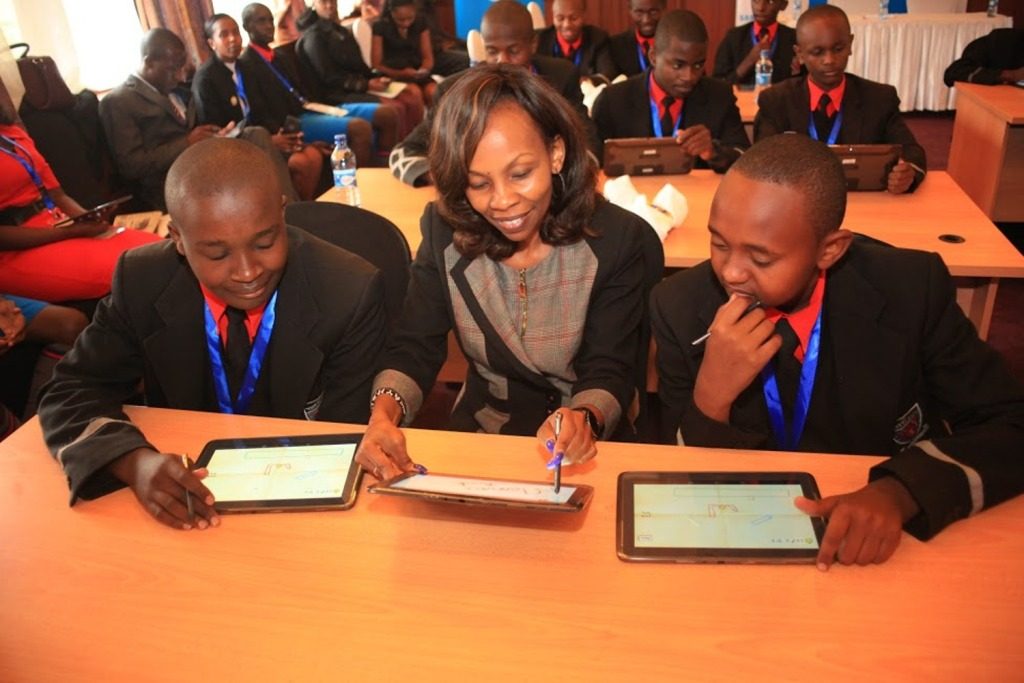During its discussion with various African ministerial delegation at Innovation Africa 2016, Samsung expressed its willingness to help governments build capacity and provide educational solutions where needed.
Speaking at a media briefing on Tuesday, Abey Tau, Corporate Citizenship and Public Affairs Manager, said: “As a global citizen, we understand how important it is for us to use our technology to give back to society. And we have done just that through the various education solutions we’ve launched in Africa. But for the continent to truly achieve economic growth, we implore both the private and public sectors to work closely together so that it can address the continent’s pressing issue around access to quality education.”
Samsung believes that digital technology can completely transform the learning process, as well as the nature of teaching and learning, to create inclusive environments for everyone. Its Solar Powered Internet Schools, Smart Schools and E-Learning Centres provide solutions that deliver on this vision and improve the quality of learning, enhance teaching effectiveness and allow administrators to run institutions more effectively.
Working with educators around the world to improve learning experiences through the use of technology. Samsung facilitates a classroom environment that gives students access to a world of knowledge whether at their desks or on the go.
Through these education initiatives, Samsung hopes to instil a love of learning in students so that they may have equal access to opportunities and go on to become active participants in the economy. This can help to reduce the number of out-of-school children, giving them a chance to succeed.
During the three-day Summit, Samsung will be engaging with various stakeholders to discuss possible partnerships, as well as demonstrate its Smart School solutions to attendees.
“Collaboration with communities is key to finding the correct remedies to societal challenges,” says Tau. “At Samsung, we have a vested interest in the communities we operate in and, as a result, we have come up with solutions that directly address the everyday challenges most people encounter. Our efforts – guided by our strategic focus in the areas of education, health, the environment, and skills and employability – have seen us collaborate with different communities, NGOs and governments and we intend to continue to build on these progressive partnerships to ensure that we positively impact the lives of people.”

